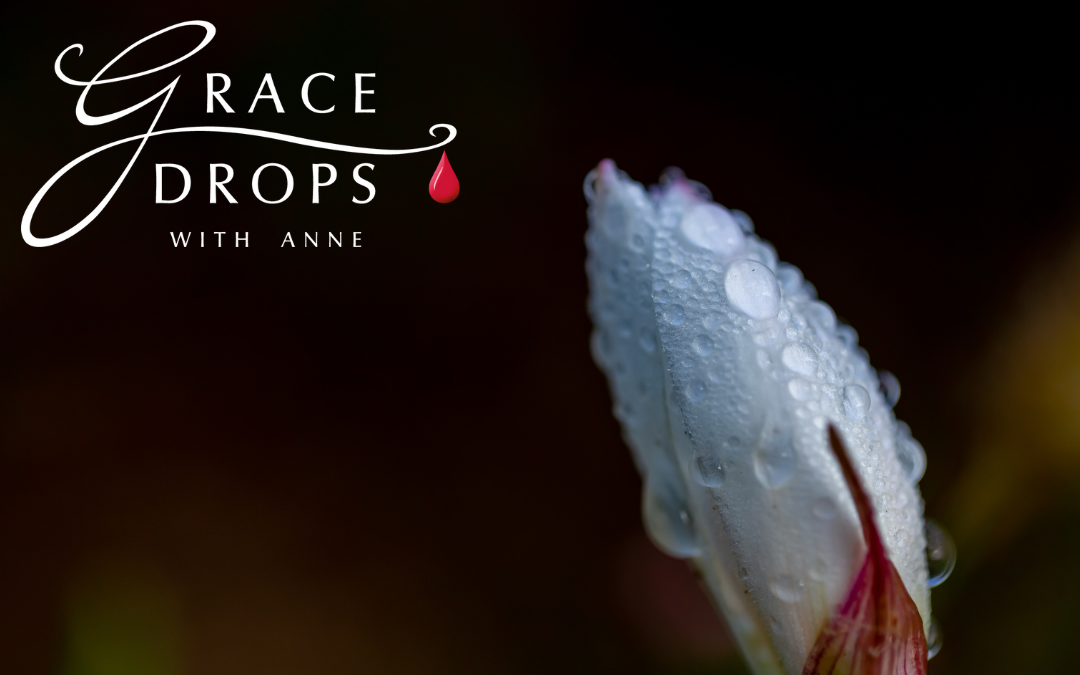Back last century when, all unknowing, I was learning to research names, I spent some years laboriously piecing together a whole series of clues trying to connect two obscure but significant characters in Celtic folklore and Arthurian legend. Not long after I finally got the chain of links between the Dagda and Urien of Gore nailed down, I came across a flat statement by an eminent scholar equating these two identities. I felt a bit cheated. I wondered if I’d wasted an enormous amount of time and effort trying, unnecessarily, to prove something already well-known. But I concluded probably not; it’s one thing to know two mythic characters are the same, it’s another to know why.
This experience, however, changed the way I approach the epic stories of other cultures. It’s helpful to have similar stories, but they can also be distracting. Now I look for how God interacts with these mythic entities.
I know some people might just have choked on their lunch at that last statement. They’ll protest that it’s not possible for God to interact with an imaginary being—and that thought is an unfortunate consequence of equating ‘mythic’ with ‘imaginary’. Jesus conducted an all-out war against the ‘gods’, retrieving and reclaiming titles, names and offices from them, and I find it difficult to believe He did so merely to cater to the cultural beliefs of the time. If these principalities didn’t exist, The Way, The Truth and The Life would have said so.
So Jesus has become my touchstone over the years for deciding whether or not two apparently disparate entities are actually the same. Thus I have concluded that there is a very high probability that Rachab, the spirit of wasting, is much more well-known under another name. I wouldn’t have ever suspected this without looking at Jesus, because every single entry about Asherah identifies her as a fertility goddess, not as a spirit of wasting.
Do Rachab and Asherah have anything at all in common? Well, both of them are associated with the sea. Asherah is the one who claims to walk on water or to tread the Sea (that’s a warfare image, basically claiming to have subdued the being called Sea). However in Psalm 89, Ethan sang of the Lord of Hosts:
You rule the raging of the sea;
when its waves rise, You still them.
You crushed Rahab like a carcass;
You scattered Your enemies with Your mighty arm.
Psalm 89:9–10 ESV
Here Rachab is imaged as a water-monster, and in Isaiah 30:7, the prophet dubs Egypt as ‘Rahab-the-Do-Nothing’, perhaps recalling the crocodiles of the Nile, just lazing until an opportunity to feed presents itself.
Whenever the Israelites turned from God, they sought Asherah. Because the human heart hasn’t changed over millennia, we can be reasonably sure this is still the case.
Like a fat crocodile, the spirit of wasting waits for us to seek our false refuges, rather than God.
This is Grace Drops; I’m Anne Hamilton. May you always seek Jesus of Nazareth first and foremost.
Thank you to Lorna Skinner of www.riversofmusic.co.uk for the background music.

To deal with the spirit of wasting, you first need to be able to overcome the spirit of rejection. To learn how to master it, see Dealing with Azazel: Spirit of Rejection is available as a paperback.In addition, understanding false refuges is the single most important step towards dealing with the obstacles barring you from coming into your calling. Hidden in the Cleft explains false refuges in more detail and is available as a paperback or an ebook.


The Book Depository has gone out of business. You may want to provide another link for the purchase of your books.
Thanks so much, Donna. Yes, I need to change a lot of links.
Also, Anne, thank you for this blog. It has been so enlightening to read. You have gotten me interested in reading your books.
I’m sorry my question is not on this specific topic. But maybe you might help me to discern what 12:34 could mean. It’s everywhere. And I’m starting to think it’s connected to threshold spirits.
1, 2, 3, 4 – Ready or Not – Go.
Could be a verbal threshold. Like a prompt, or a starting gun.
Hi Jenna, this might not be the answer but it’s the only one I can think of. 1111 + 111 + 11 + 1 = 1234. A string of ones like that is symbolic of covenant. However, you’d also have to take account of the additive factor. There seems to be an invitation to four covenants here. Logically this would be blood, name, threshold, salt – in that order.